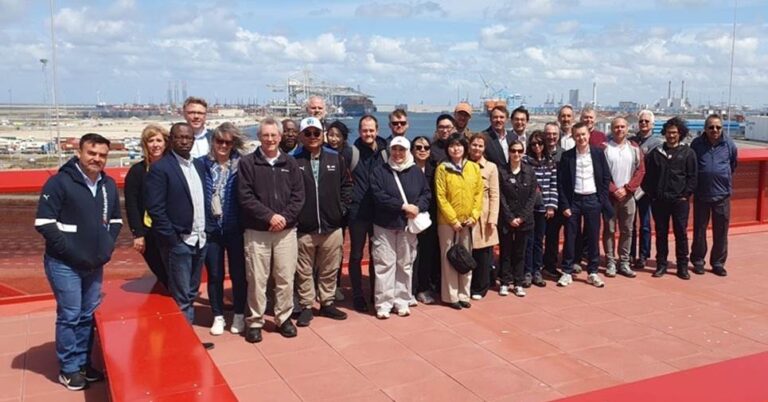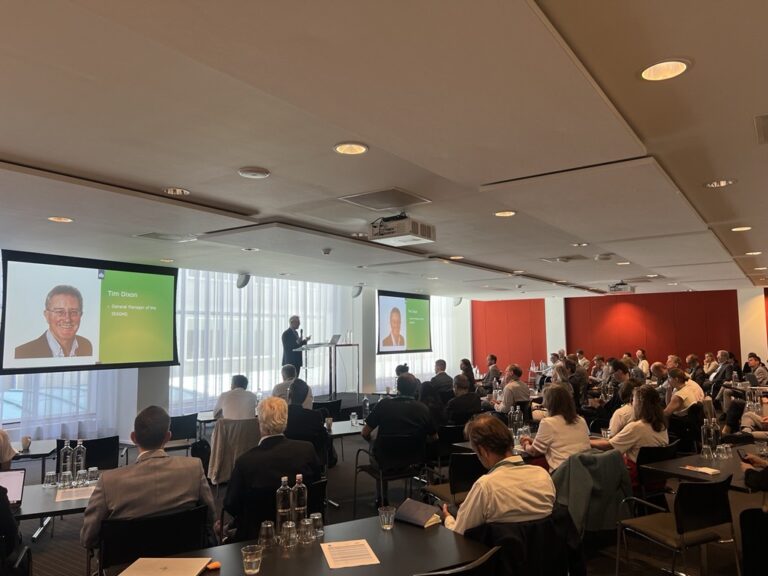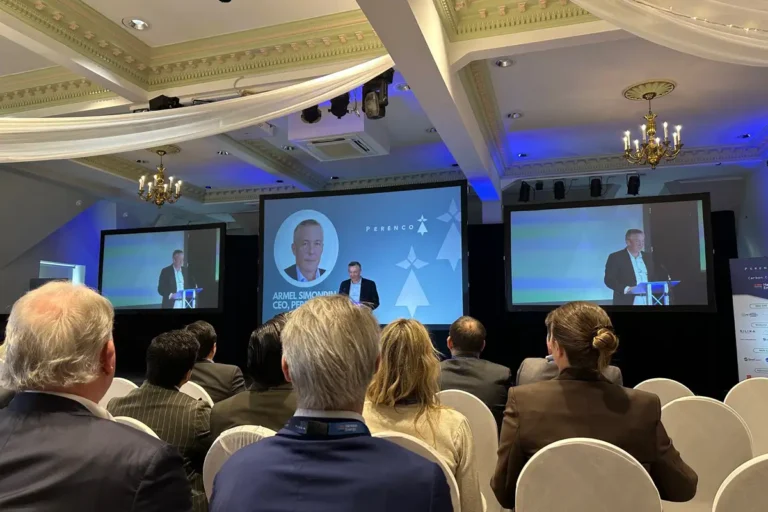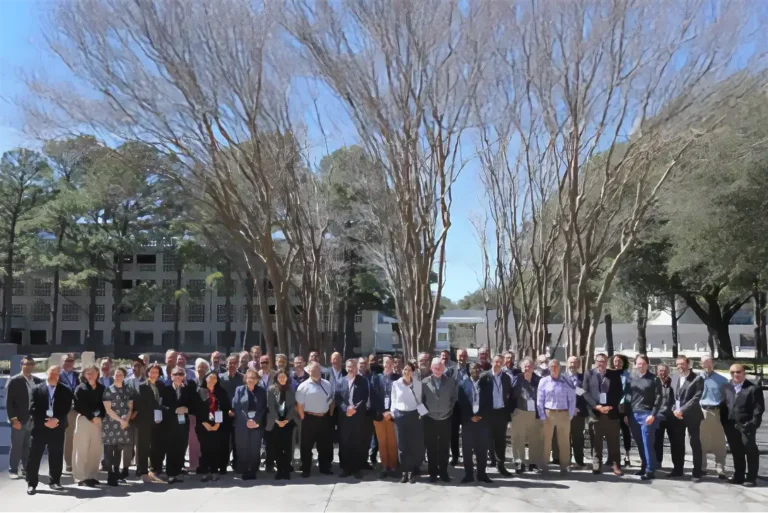
Low-carbon technology ‘single-mindedness’ reminds me of Monty Python’s Life of Brian
17 May 2023
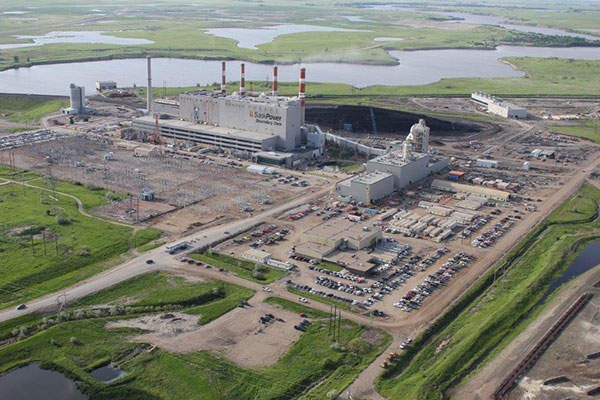
I think it is a sorry state of affairs when one low-carbon technology advocate attacks other low-carbon technologies. It is as if they don’t appreciate the scale of the climate challenge. As IEA, IPCC, UK CCC and other reputable science-based bodies emphasise, we need combinations of all the low-carbon technologies to meet our climate goals. However, this has not been the case with Mark Jacobson, an academic from Stanford university in the USA who advocates for 100% renewable energy only. His latest piece is specifically against CCS, drawing from his paper in Energy and Environmental Science1, recorded as a podcast debate which can be heard here.
In his paper and debate, there is much you may disagree with, and also some you may agree with, as we do want to maximise the potential of renewable energy technologies. But you will note many misleading assertions. For example when he discusses the Petra Nova and Boundary Dam CCS projects, he misleads on their purpose, stating it was to abate all emissions associated with those power plants taking into account their full value-chain emissions, when it is public knowledge that they were demonstration projects intended to test and demonstrate CO₂ capture at scale on those particular flue gases and not the whole plant and whole value chain. These projects have actually been greatly beneficial, much has been learned and gained which will benefit future large-scale capture projects (see IEAGHG Report 2015-06 and IEAGHG Information Paper 2020-IP11). Also, his main focus is on the power sector only, not the emissions from other energy-intensive industries. You can check up on his mentions to his papers being cited by IPCC. The reality is that they are indeed cited in the IPCC AR6 WGIII report but with caveats by IPCC that explain their limitations and why they could not be used in their scenarios. Such counter points were made by the ‘for-CCS’ debater in this podcast. You may also perceive some gender imbalance in the airtime given.
One has to be careful with Jacobson. He is noted for attempting to sue other academics who challenged him when they published a paper rebutting key aspects of his 100% renewables paper in the PNAS (see Clack et al., 2017, PNAS)2.
This all sadly reminds me of Monty Python’s Life of Brian film, with “The People’s Front of Judea” hating “The Judean Peoples’ Front” more than the Romans who are their common enemy.
We all have the same common objective, reducing net CO₂ emissions to net zero by mid-century and then beyond. Hence, we need all low-carbon technologies to be deployed as fast and as much as possible to reduce emissions. As mentioned in the debate, “The boat is sinking and we need all the buckets to bail”. There are even synergies between low-carbon technologies. We need to work together, not attack. We all know this of course, but unlike Life of Brian this is not a comedy.
1 Jacobson (2019) Energy Environ. Sci., 2019,12, 3567-3574
2 Clack et al (2017). 6722–6727 j PNAS j June 27, 2017 j vol. 114 j no. 26 www.pnas.org/cgi/doi/10.1073/pnas.1610381114.
 SaskPower Boundary Dam Power Generating Station located in Estevan, Sasketchewan, Canada. Credit: SaskPower CCS.
SaskPower Boundary Dam Power Generating Station located in Estevan, Sasketchewan, Canada. Credit: SaskPower CCS.
Other articles you might be interested in
Get the latest CCS news and insights
Get essential news and updates from the CCS sector and the IEAGHG by email.
Can’t find what you are looking for?
Whatever you would like to know, our dedicated team of experts is here to help you. Just drop us an email and we will get back to you as soon as we can.
Contact Us NowOther articles you might be interested in
Get the latest CCS news and insights
Get essential news and updates from the CCS sector and the IEAGHG by email.
Can't find what you are looking for?
Whatever you would like to know, our dedicated team of experts is here to help you. Just drop us an email and we will get back to you as soon as we can.
Contact Us Now

